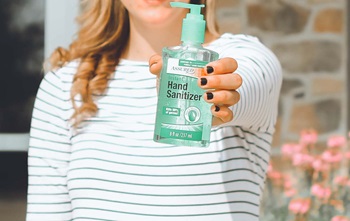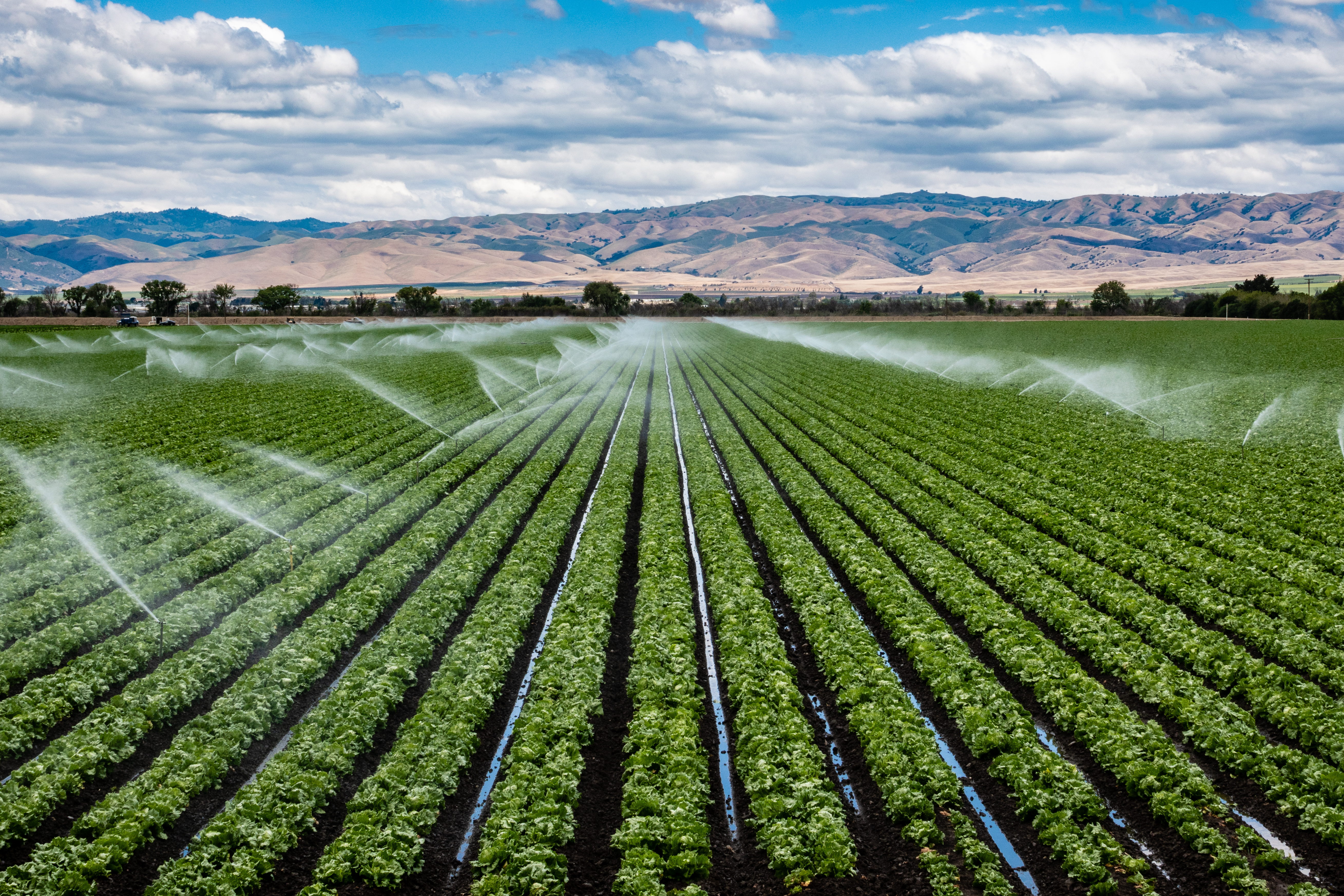By Doug Baker, Vice President, Industry Relations - Private Brands, Technology, FMI

I have a bottle of alcohol-based hand sanitizer with at least 60% alcohol sitting on my desk at work. It’s half-full, and I’ve used it more in the last two weeks than in the last two years. I'm also washing my hands with soap and water for 20 seconds. The reports of coronavirus have heightened our awareness regarding personal health and prevention habits, and compounding these challenges, our members also must think about the well-being of their associates, their customers and the overall supply chain as they prepare for a potential public health crisis.
While we often follow preparedness protocols to anticipate a crisis, coronavirus stresses on the marketplace have forced crisis management teams to multitask. They’ve been approaching this situation in a dual-preparedness mode:
- Preventive preparedness – consumers buy products that help them stay well, such as personal and household cleaning items.
- Response preparedness – shoppers select products that might help them sustain a lifestyle at home for a longer period of time if the virus affects them or a family member.
Retailers are adept at disaster preparedness and keeping a pulse on consumer trends to anticipate demand spikes. As trading partners, manufacturers and food retailers work diligently to forecast product category needs, and if necessary, adjust SKUs to meet market demand.
Certainly, supply chain pressures will arise as new cases of the virus emerge. Shoppers may witness some out-of-stocks in a store due to sales spikes, but that doesn't necessarily mean that the supply chain is short that product. Retailers have secondary inventory sources that they could tap in the event a crisis does occur. Like a weather event, grocers can anticipate and prepare, but unlike a weather event, preparedness planning for this virus is not concentrated to one region.
Retailers are also rigorously cleaning and sanitizing; many of our members tell us they’re spending additional time wiping down their stores ever few hours, ensuring buttons, handles and working services are sanitized and that shoppers have access to cleaning wipes for carts and baskets.
This is a time for supply chain preparedness and planning. On our dedicated landing page, www.FMI.org/Coronavirus, you may download a Coronavirus Preparedness Checklist and a new Coronavirus and Pandemic Preparedness for the Food Industry guide, which can be customized for your internal manuals. Join FMI for a webinar on March 10 with guest speaker Dr. Ian Williams, CDC, to get an overview and current status of the virus, hear what CDC is doing in response to the outbreak, and learn what CDC’s current recommendations are for the retail, wholesale and the food industry as a whole.
Coronavirus Resources
Register for Coronavirus Webinar


 Industry Topics address your specific area of expertise with resources, reports, events and more.
Industry Topics address your specific area of expertise with resources, reports, events and more.
 Our Research covers consumer behavior and retail operation benchmarks so you can make informed business decisions.
Our Research covers consumer behavior and retail operation benchmarks so you can make informed business decisions.
 Events and Education including online and in-person help you advance your food retail career.
Events and Education including online and in-person help you advance your food retail career.
 Food Safety training, resources and guidance that help you create a company food safety culture.
Food Safety training, resources and guidance that help you create a company food safety culture.
 Government Affairs work — federal and state — on the latest food industry policy, regulatory and legislative issues.
Government Affairs work — federal and state — on the latest food industry policy, regulatory and legislative issues.
 Get Involved. From industry awards to newsletters and committees, these resources help you take advantage of your membership.
Get Involved. From industry awards to newsletters and committees, these resources help you take advantage of your membership.
 Best practices, guidance documents, infographics, signage and more for the food industry on the COVID-19 pandemic.
Best practices, guidance documents, infographics, signage and more for the food industry on the COVID-19 pandemic.
